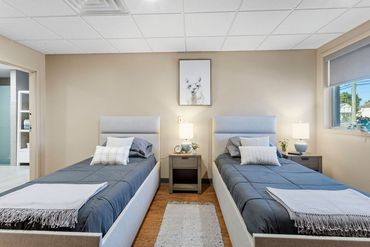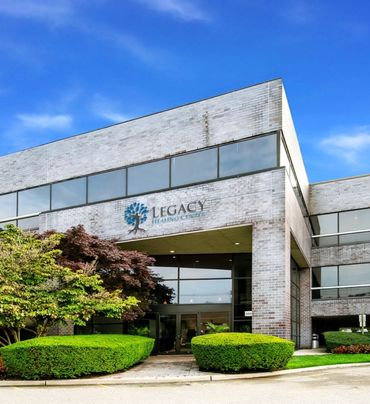
Rehabs That Take Medicare Insurance in New York
Medicare Insurance can help cover the cost of drug and alcohol rehab for those looking for addiction treatment in New York state. Explore rehabs that take Medicare in New York today.
Open to Travel? Check out Top-Rated Options
All Treatment Centers in New York
Are You Covered For Treatment?
- New York City Rehabs
- Bronx Rehabs
- Brooklyn Rehabs
- Rochester Rehabs
- Buffalo Rehabs
- Albany Rehabs
- Staten Island Rehabs
- Syracuse Rehabs
- Binghamton Rehabs
- Utica Rehabs
Rehab Insurance Coverage in New York
Rehab Centers in New York
Information About Rehab in New York
Latest Reviews
Latest Reviews of Rehabs in New York
St. Vincent's Hospital Westchester
I thought it was effective and conveniently located, with programs for every person and needs.
Champlain Valley Family Center Recovery Campus
I was a part of this program from September till January and it was amazing it was the best place I have ever been I have never been another place that made me feel so welcome and so connected and so seen in my life, this place saved my life.
Samaritan Daytop Village — Rockland Outpatient Treatment Program
they speend alot of time on individuals. needs more client. made me respect myself.
What is Medicare Insurance?
Medicare is a federal health insurance program primarily for people aged 65 and older, as well as certain younger individuals with disabilities or specific health conditions. It covers hospital care, medical services, and prescription drug coverage through Parts A, B, C, and D.
Does Medicare Cover Rehab in New York?
Medicare in New York can help cover addiction treatment services when medically necessary. This may include inpatient detox in a hospital, outpatient counseling, partial hospitalization programs, and medication assisted treatment approved by Medicare. Coverage depends on the type of Medicare plan and medical necessity.
Is Prior Authorization Required for Rehab in New York?
Some Medicare Advantage (Part C) plans may require prior authorization for inpatient or residential rehab services. Traditional Medicare usually does not require prior authorization, but coverage is subject to medical necessity guidelines.
Medicare Insurance Eligibility Requirements
Eligibility for Medicare is based primarily on age and disability. Most people qualify at age 65 or older. Younger individuals may qualify if they have received Social Security Disability Insurance (SSDI) for 24 months, or have End-Stage Renal Disease (ESRD) or Amyotrophic Lateral Sclerosis (ALS).















